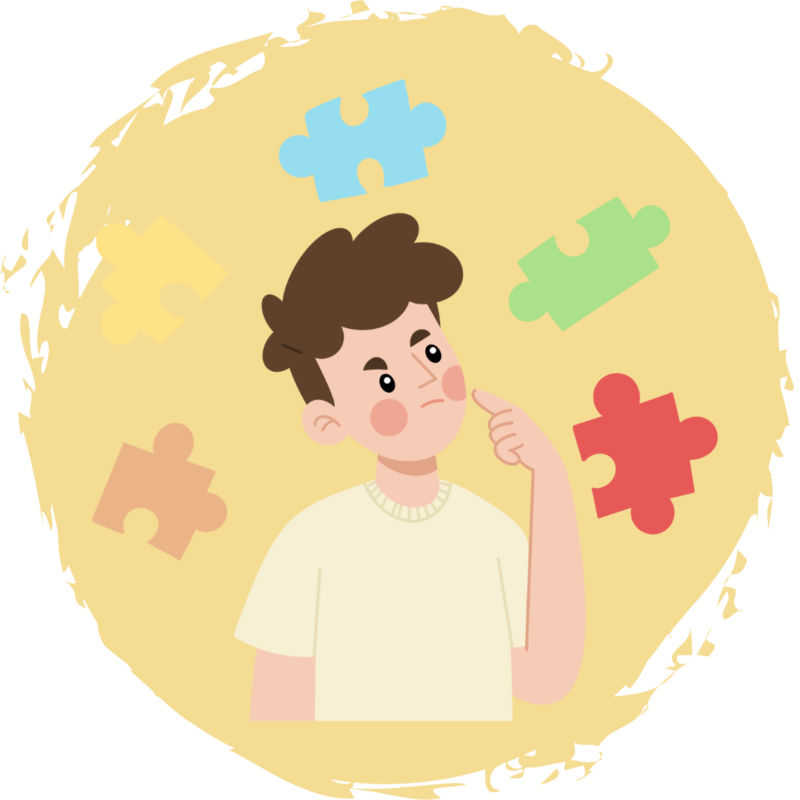Montessori Approach: Education for Whole Child
Explore the Benefits of Child-Led Learning and Hands-On Education for Your Child’s Future Success
Download Montessori GuideExplore the Benefits of Child-Led Learning and Hands-On Education for Your Child’s Future Success
Download Montessori GuideThe Montessori approach advocates for supervised tummy time to help babies develop neck and upper body strength.
Montessori toys and materials are designed to engage a baby’s senses, promoting exploration and curiosity while supporting cognitive development.
The Montessori method encourages parents to allow babies to explore the world around them at their own pace, fostering self-confidence and independence.
Montessori principles emphasise safety and security, creating an environment where babies can explore and learn without unnecessary risks.
The Montessori approach emphasizes the importance of strong relationships between babies and their caregivers, promoting healthy attachment and emotional development.
The Montessori method encourages parents to talk to their babies from birth, promoting language development and communication skills.
Unlock Your Child’s Potential with the Montessori Method
See what experts are saying

The free Montessori guide is an invaluable resource for parents who want to give their child the gift of a Montessori-inspired childhood. It’s well-organized, easy to follow, and provides practical tips for creating a supportive and nurturing home environment. As a Montessori teacher, I highly recommend the guide to any parent.
Montessori teacher

Montessori parenting promotes the development of a strong sense of self and self-esteem, which helps children to feel confident, capable, and empowered.

Through Montessori parenting, children benefit from enhanced cognitive, social, and emotional development, allowing them to thrive in a variety of settings and situations.

Montessori parenting cultivates a lifelong love of learning, instilling a passion for education that can last a lifetime.

With a focus on practical skills and real-world experiences, Montessori parenting prepares children for success in school and beyond, providing a strong foundation for their future endeavors.

Montessori parenting fosters the promotion of critical thinking and problem-solving skills, which are essential for success in school, work, and life.

By emphasising independence and self-discovery, Montessori parenting helps children to develop increased confidence and resilience, enabling them to overcome obstacles and challenges with ease.
Montessori education is typically designed for children between the ages of 3 and 12, although some schools may offer programs for younger or older children as well.
Montessori education is designed to promote independent thinking, creativity, and a lifelong love of learning. It helps children develop important life skills such as problem-solving, critical thinking, and collaboration, and promotes social and emotional development
Montessori education is based on individualized instruction and hands-on learning, whereas traditional education tends to be more structured and teacher-led. Montessori classrooms are designed to be child-centered and promote self-discovery, while traditional classrooms often prioritize rote memorization and test-taking.
Montessori education uses specialized materials that are designed to promote independent learning and critical thinking skills. These materials are often made from natural materials such as wood and are designed to be engaging and interactive.
Montessori education can be more expensive than traditional education due to the specialized materials and individualized instruction. However, there are often scholarships and financial aid available to help families afford Montessori education.
Yes, Montessori principles can be applied to parenting, with a focus on promoting independence, self-discovery, and hands-on learning. Montessori parenting emphasizes creating a supportive and nurturing environment that encourages children to explore and learn at their own pace.
We want to take a moment to express our heartfelt thanks to all of our customers. We know that you have many choices when it comes to where you shop or which service provider to choose, and we are honored that you have chosen us. We are truly grateful for your continued support you guys are Game changer for our family

Great introduction to Montessori education

Concise and practical for busy parents

Well-written and informative guide

Emphasizes promoting independence and self-discovery

Easy to read with lots of practical tips
Montessori is a unique educational approach that emphasizes the development of the whole child. It was founded by Dr. Maria Montessori in the early 1900s, and it has since become a popular choice for parents and educators around the world.
One of the key features of Montessori education is its focus on child-led learning. Rather than a traditional teacher-centered approach, Montessori classrooms are designed to encourage exploration and discovery. Children are given the freedom to choose their own activities and work at their own pace, which helps to promote a sense of independence and self-confidence.
Another important aspect of Montessori education is the use of hands-on learning materials. These materials are designed to be both engaging and educational, and they help children to develop a deeper understanding of key concepts. For example, a child might use a set of colored blocks to learn about math, or a set of sandpaper letters to learn about reading and writing.
Create your own age appropriate montessori toys box
Explore montessori toys